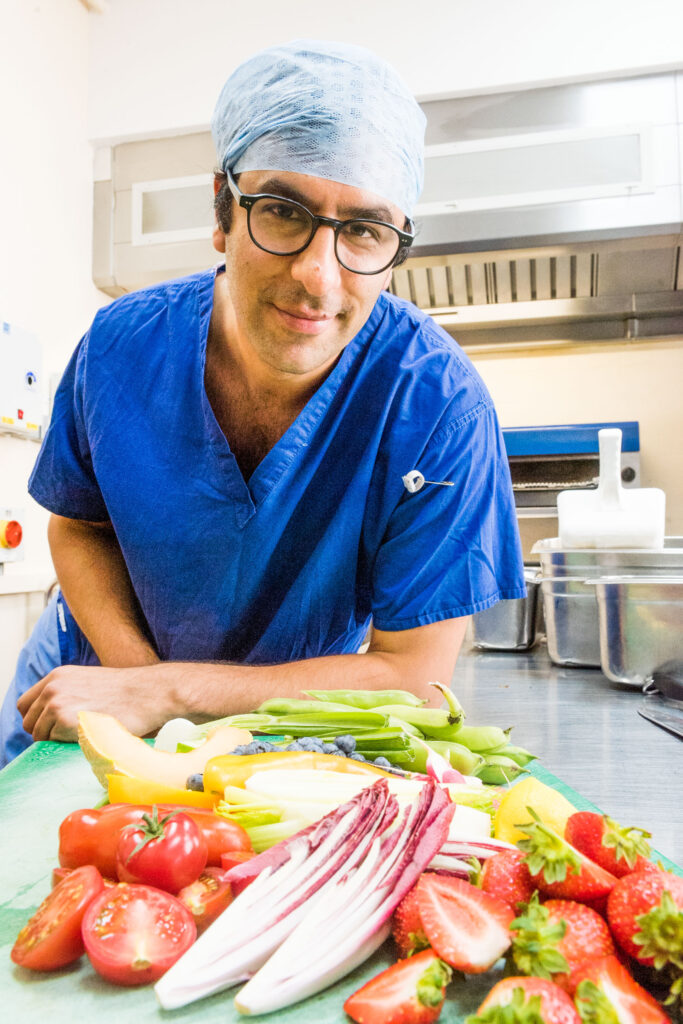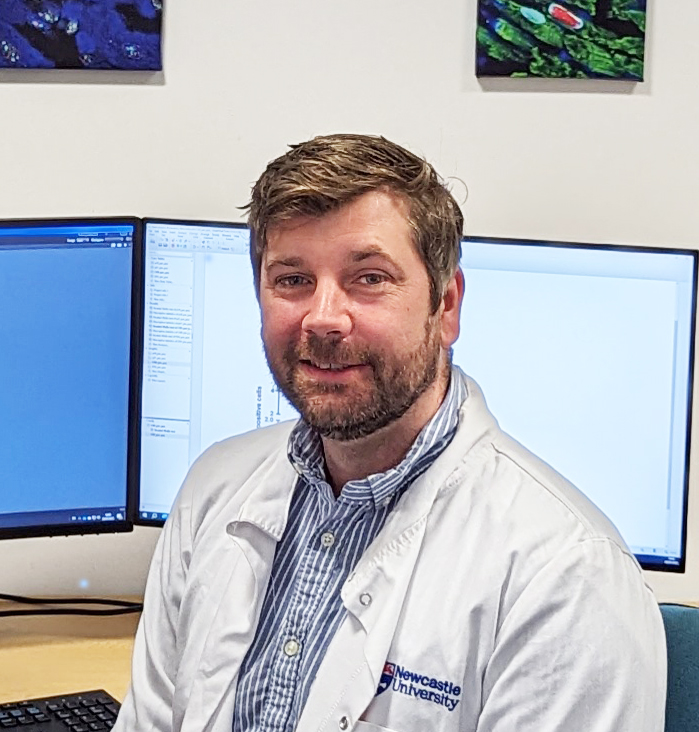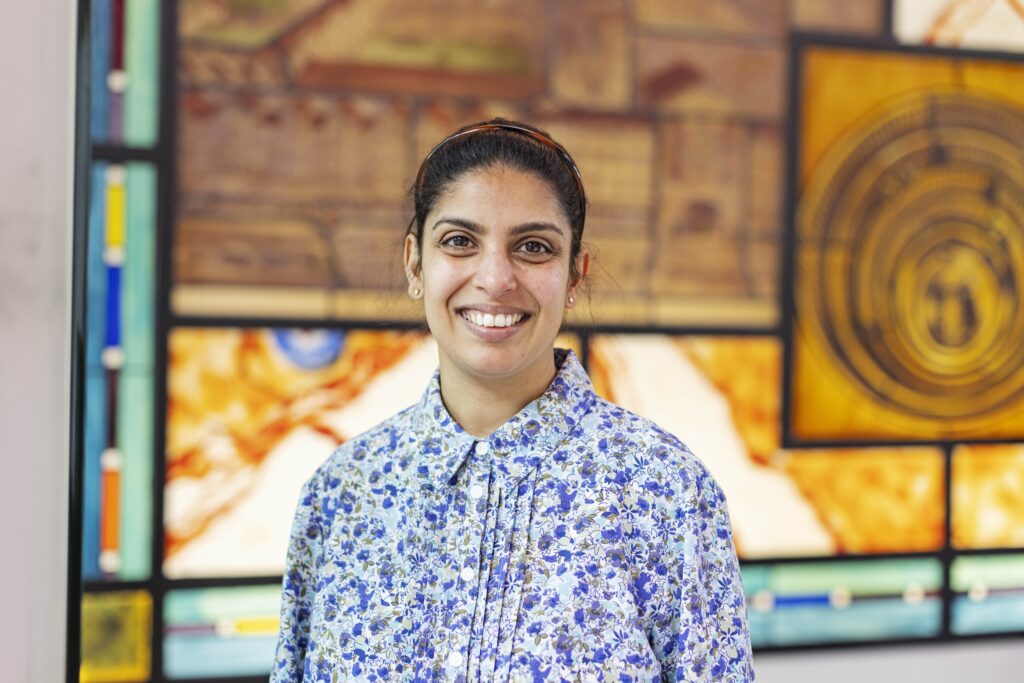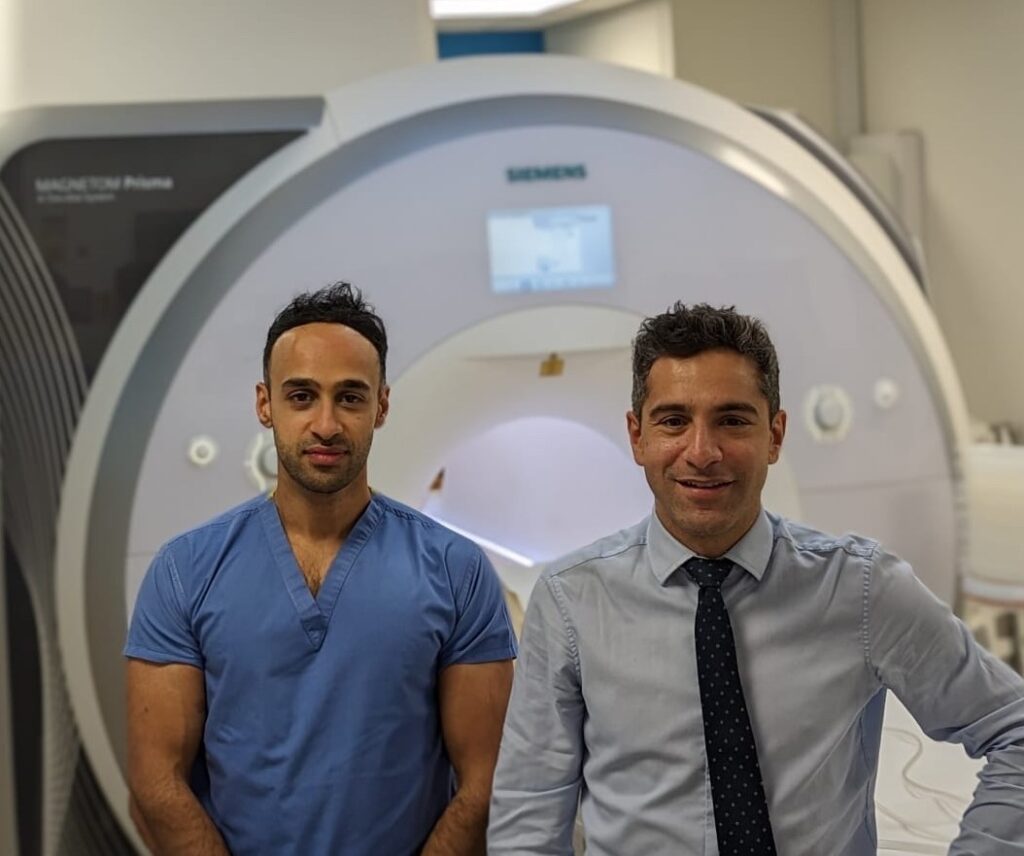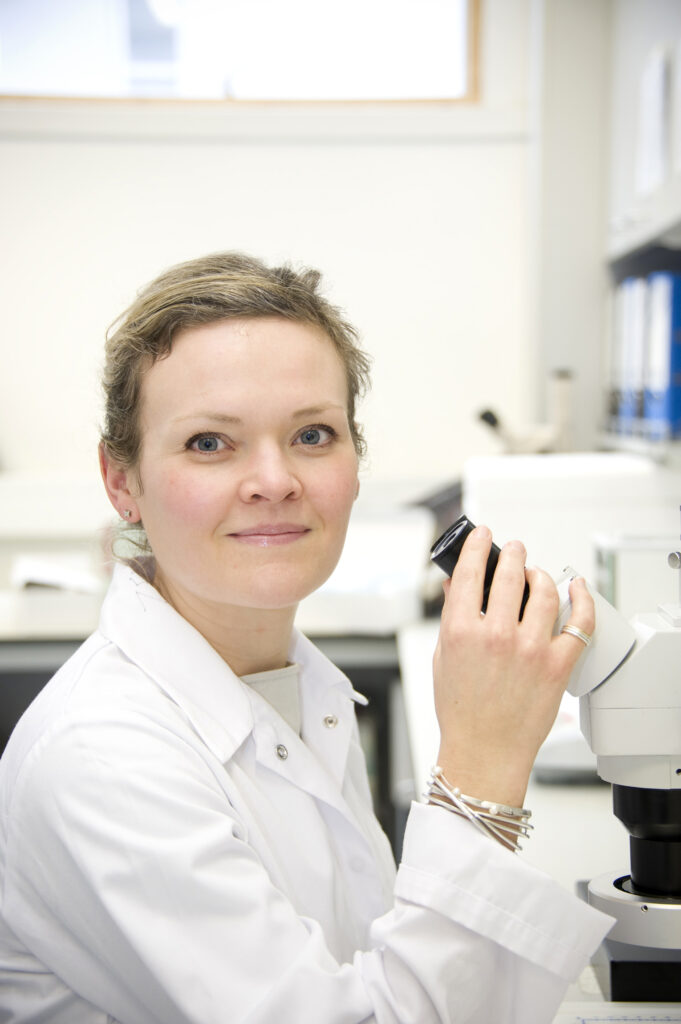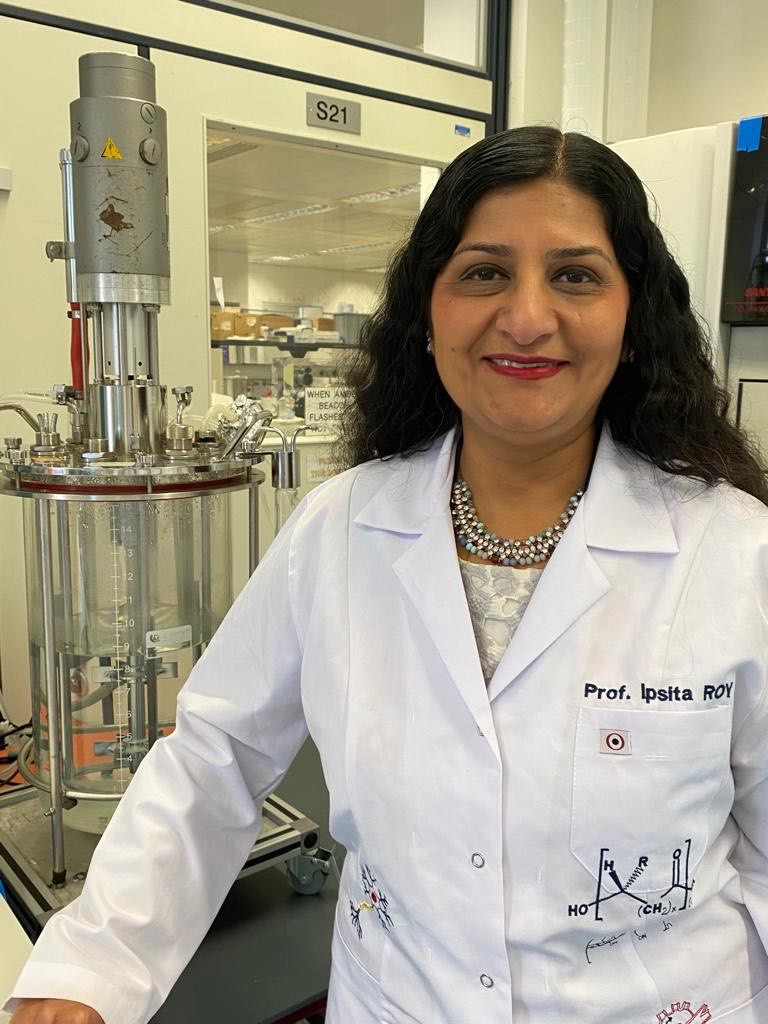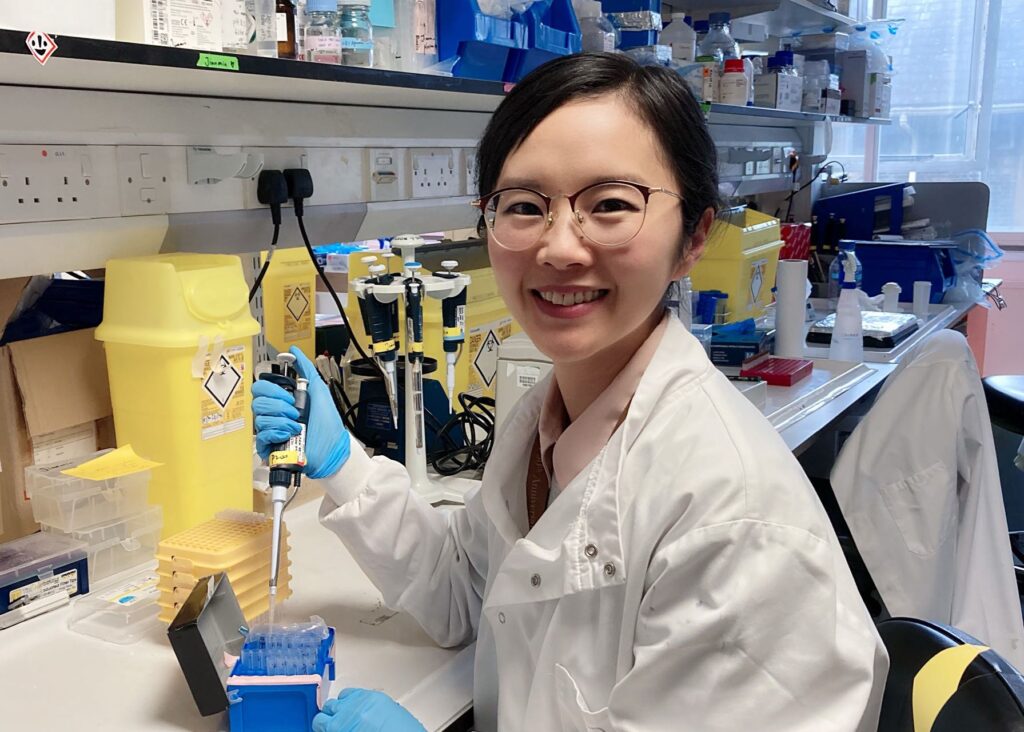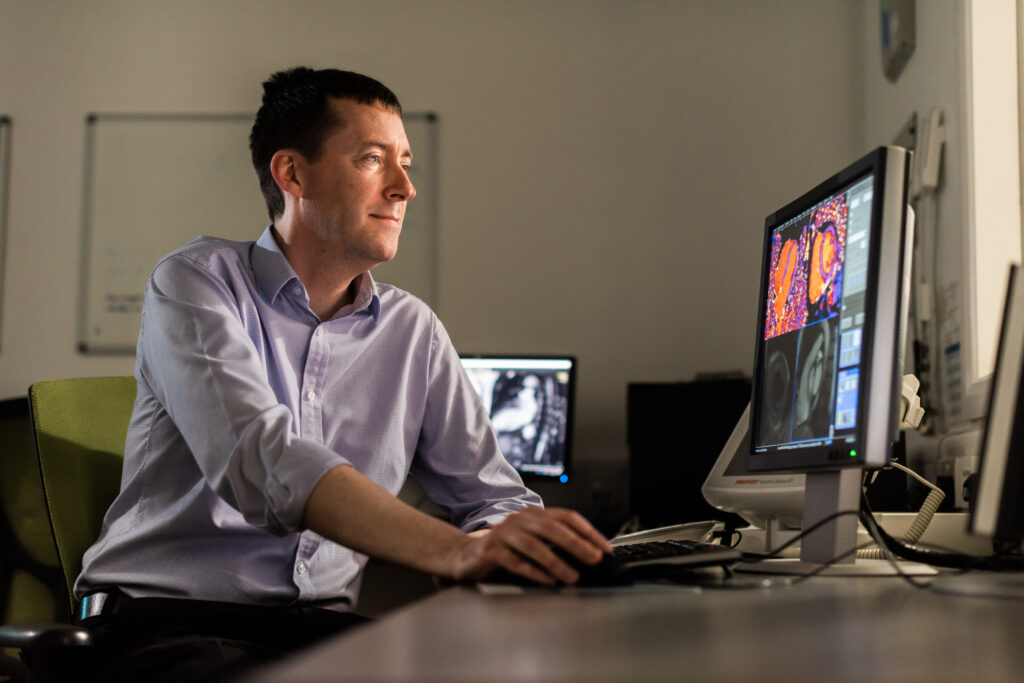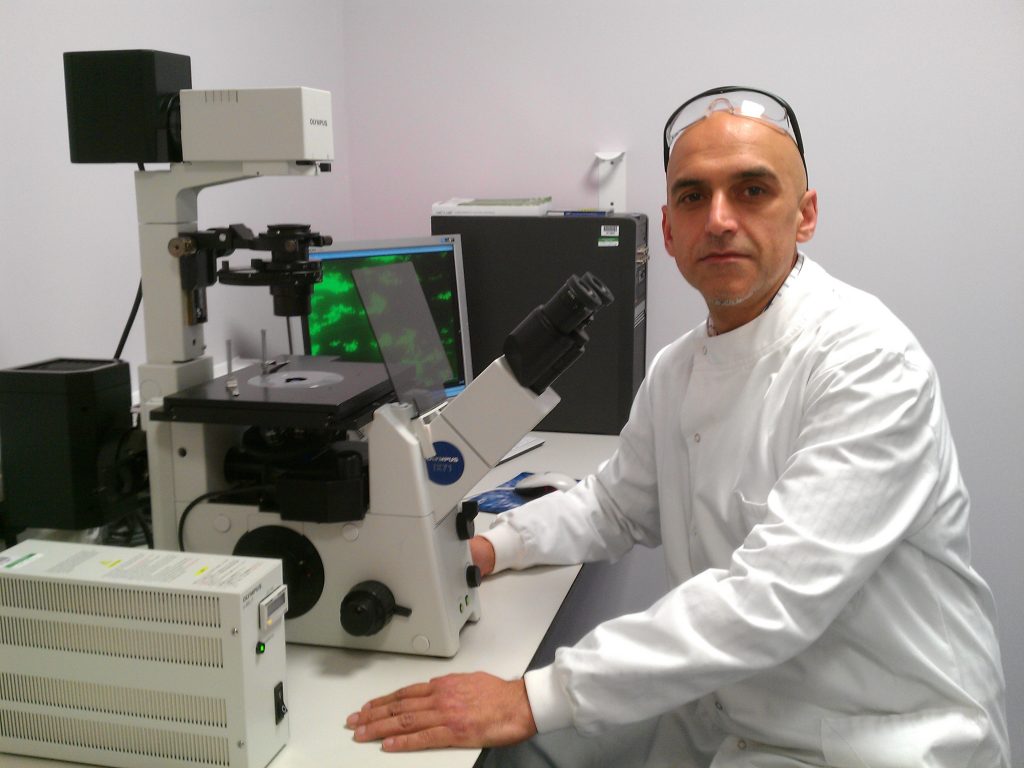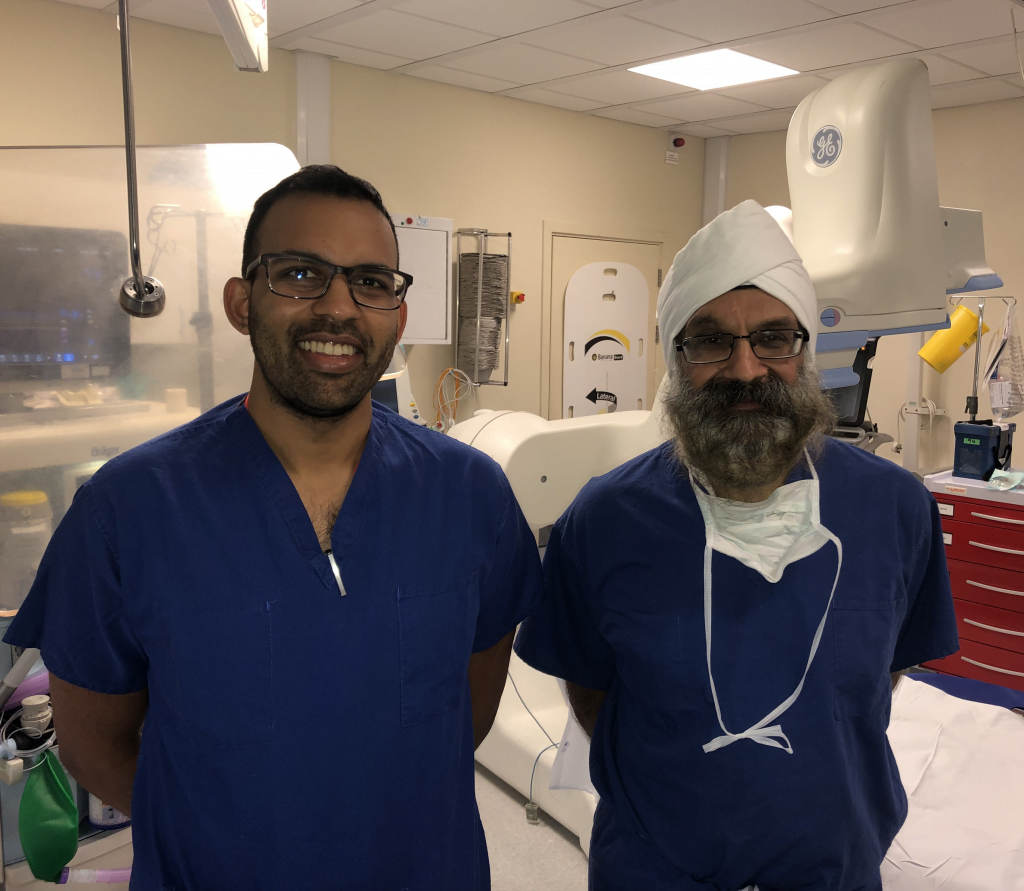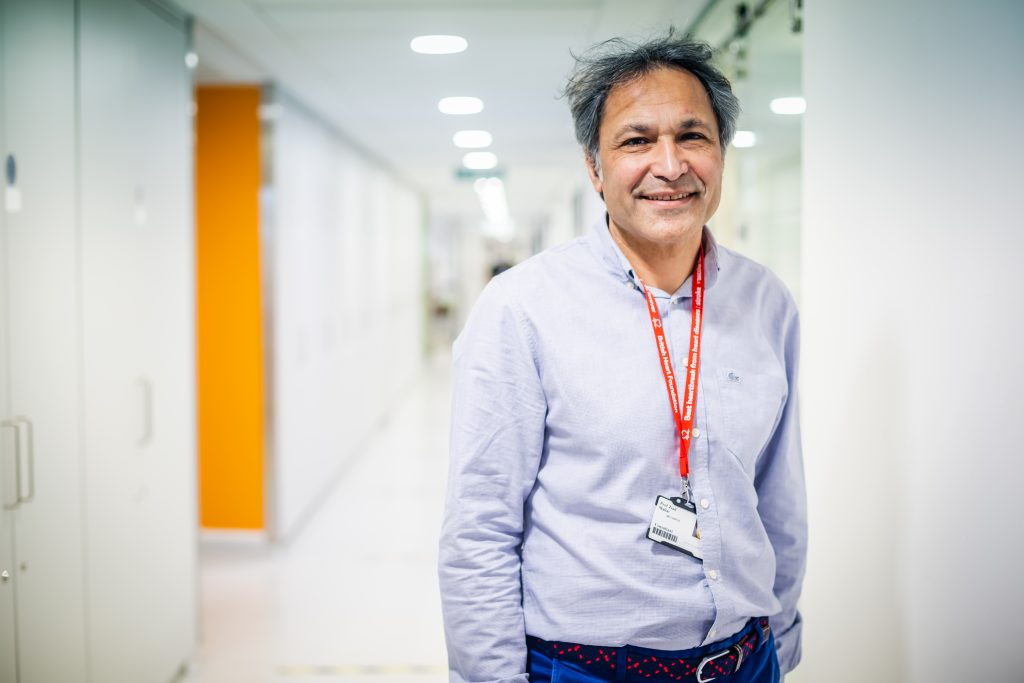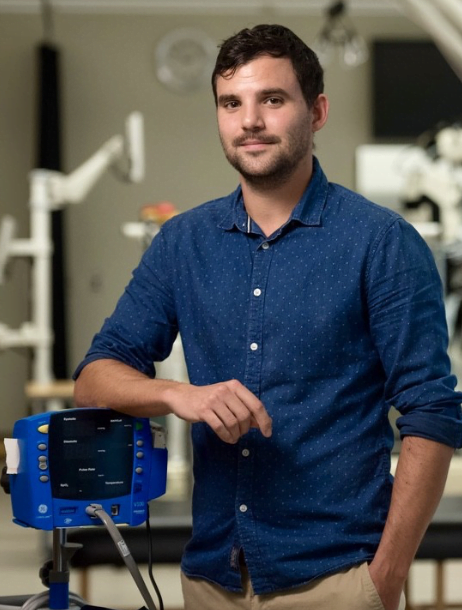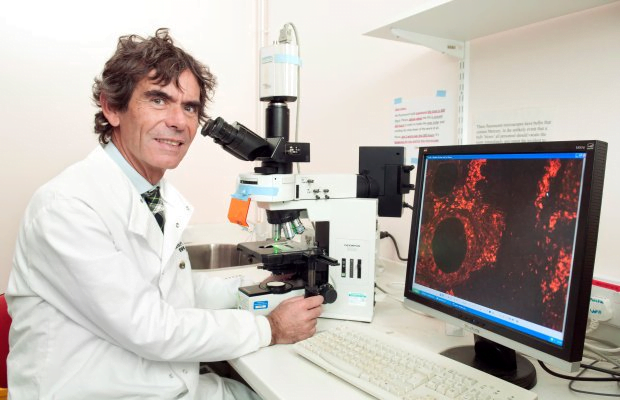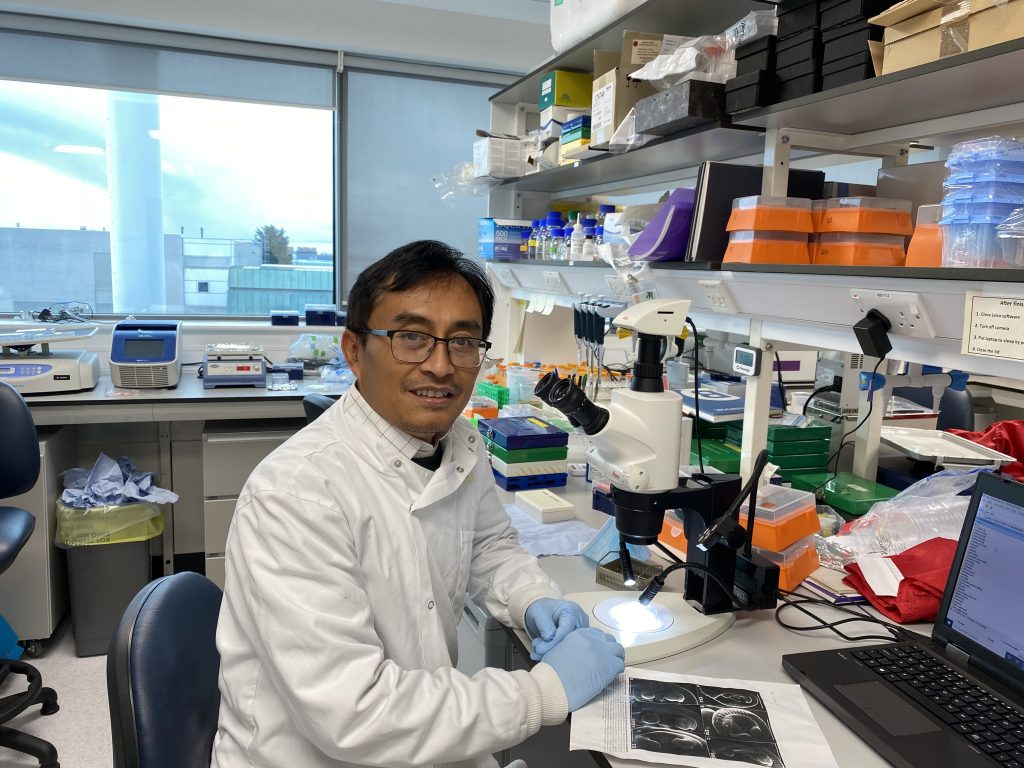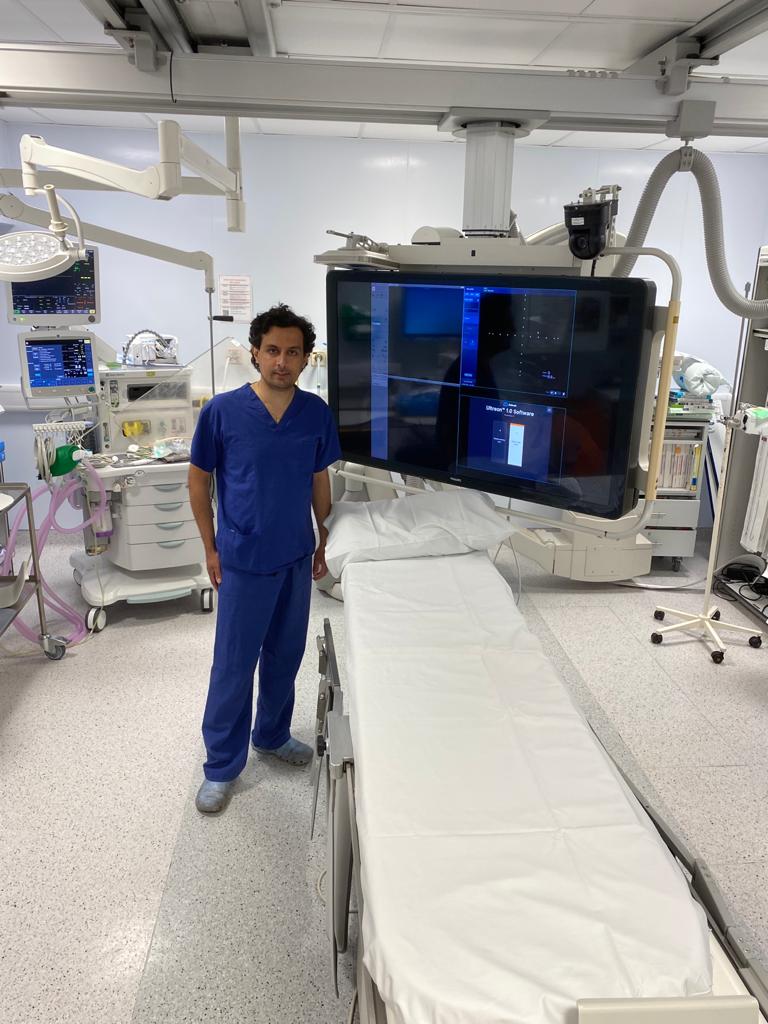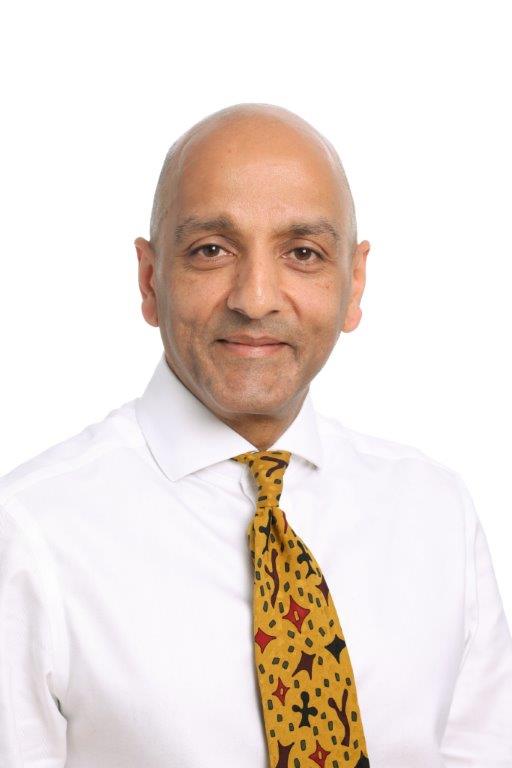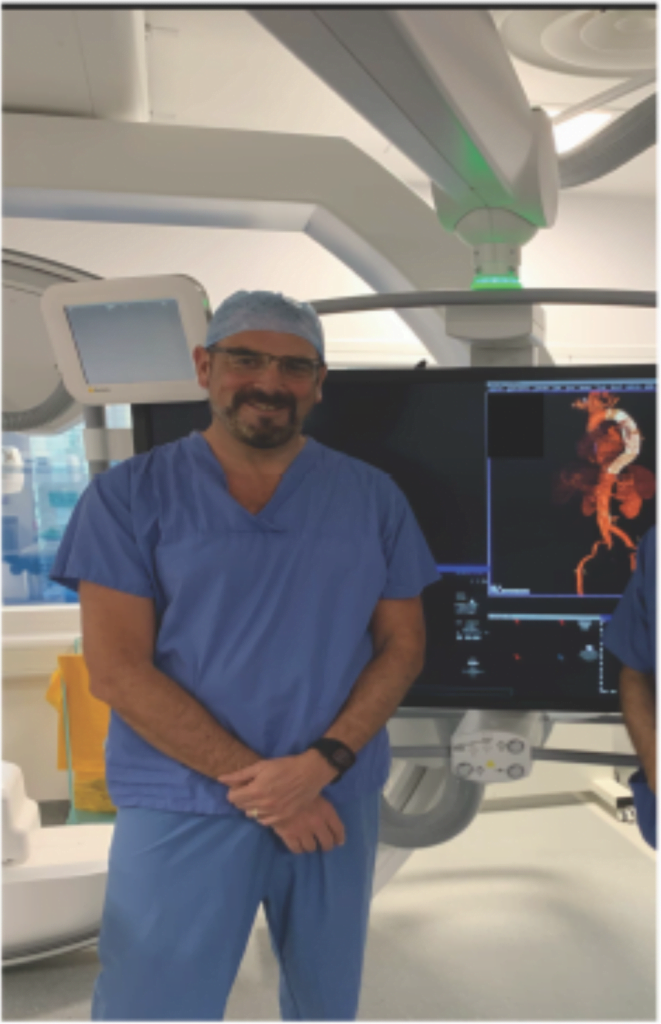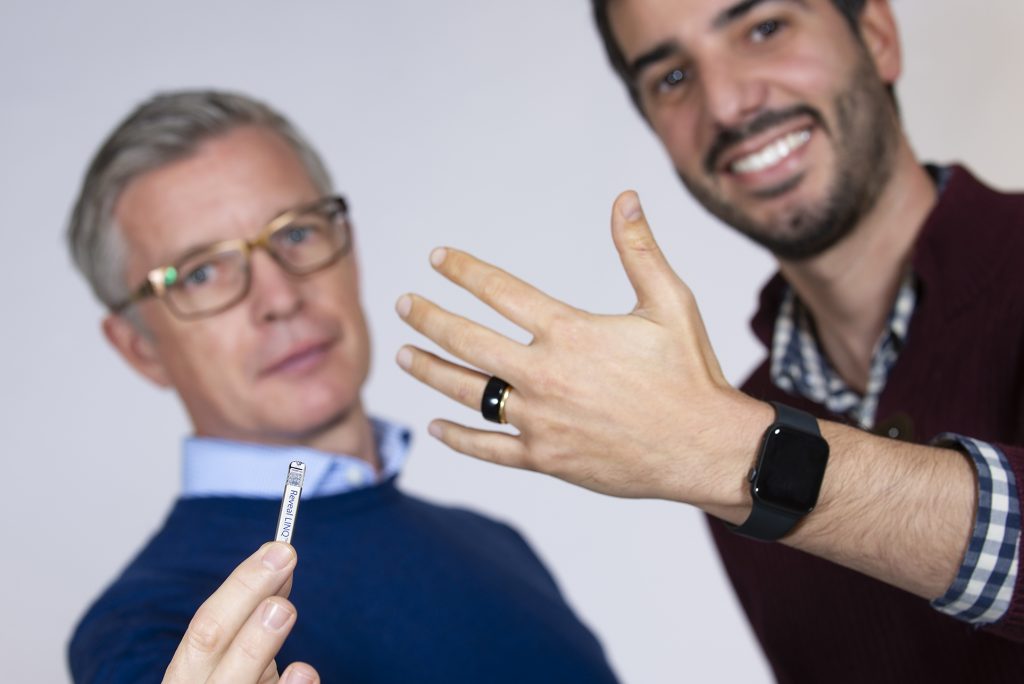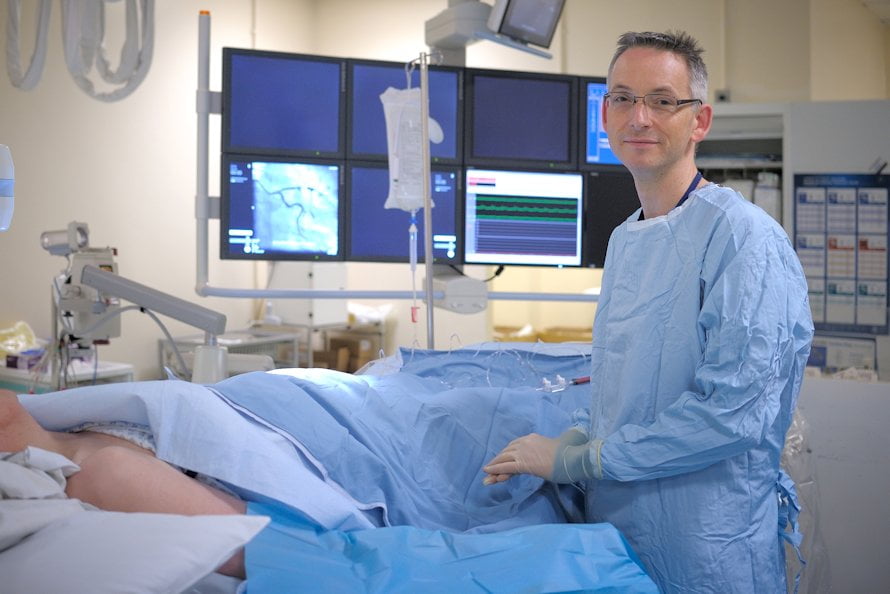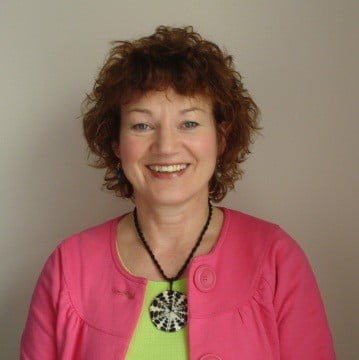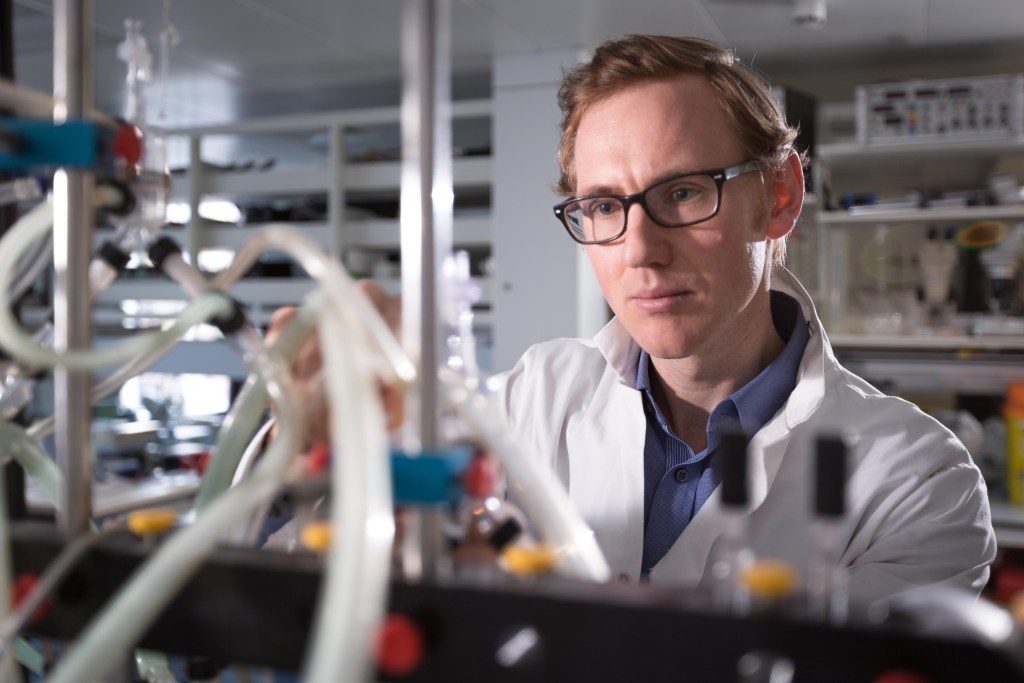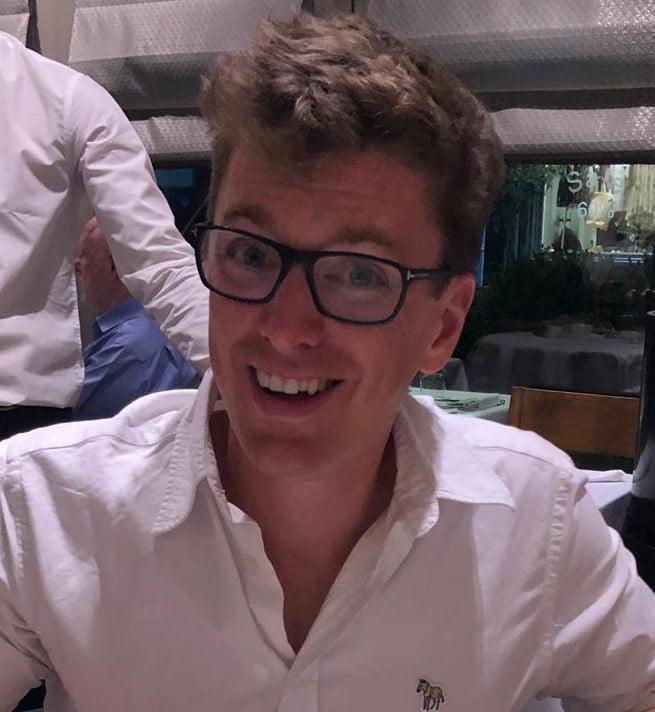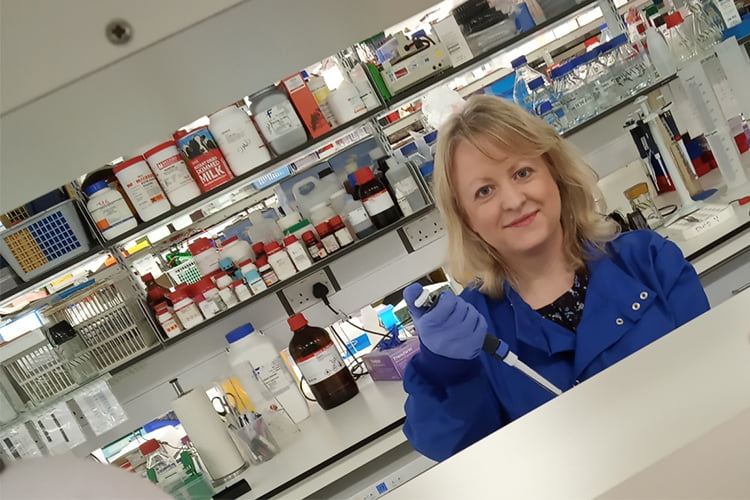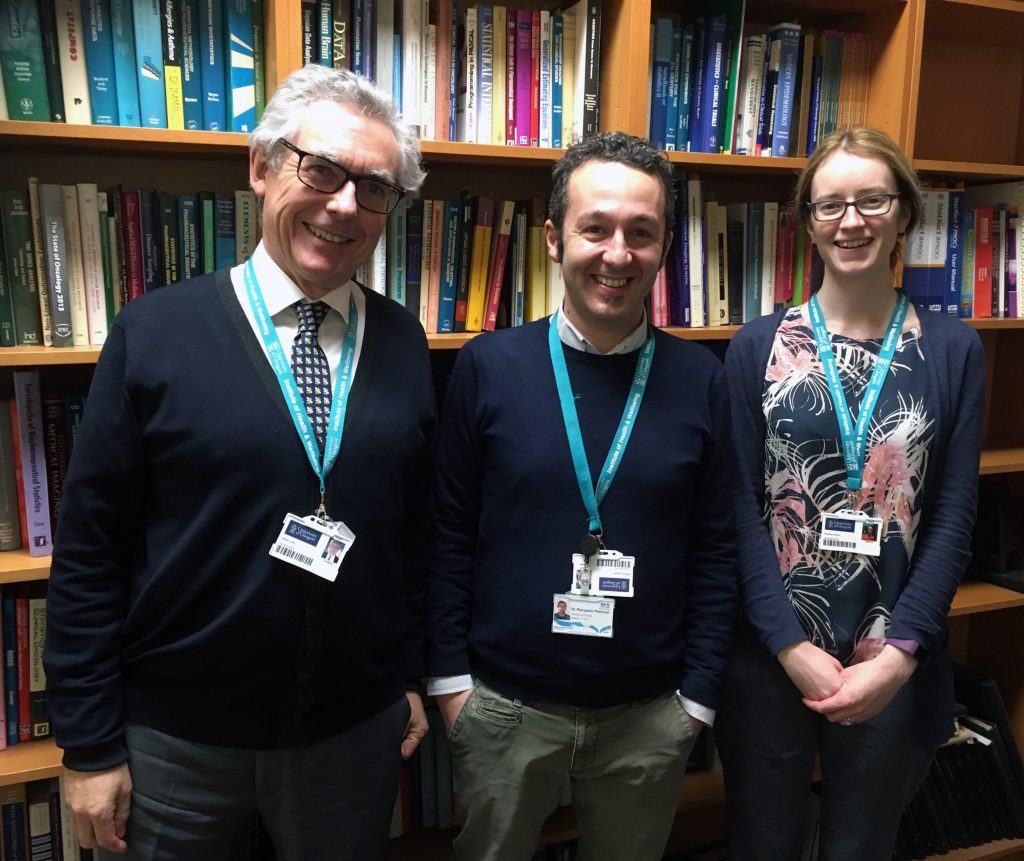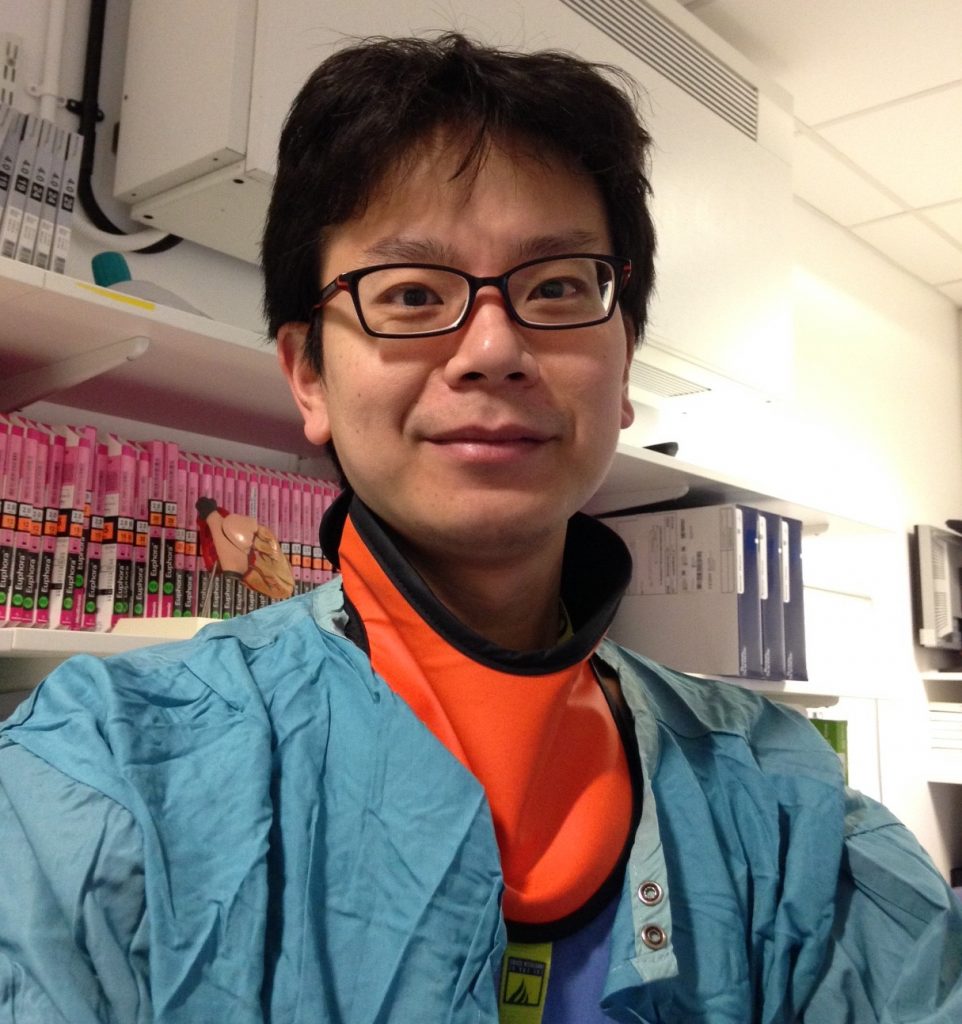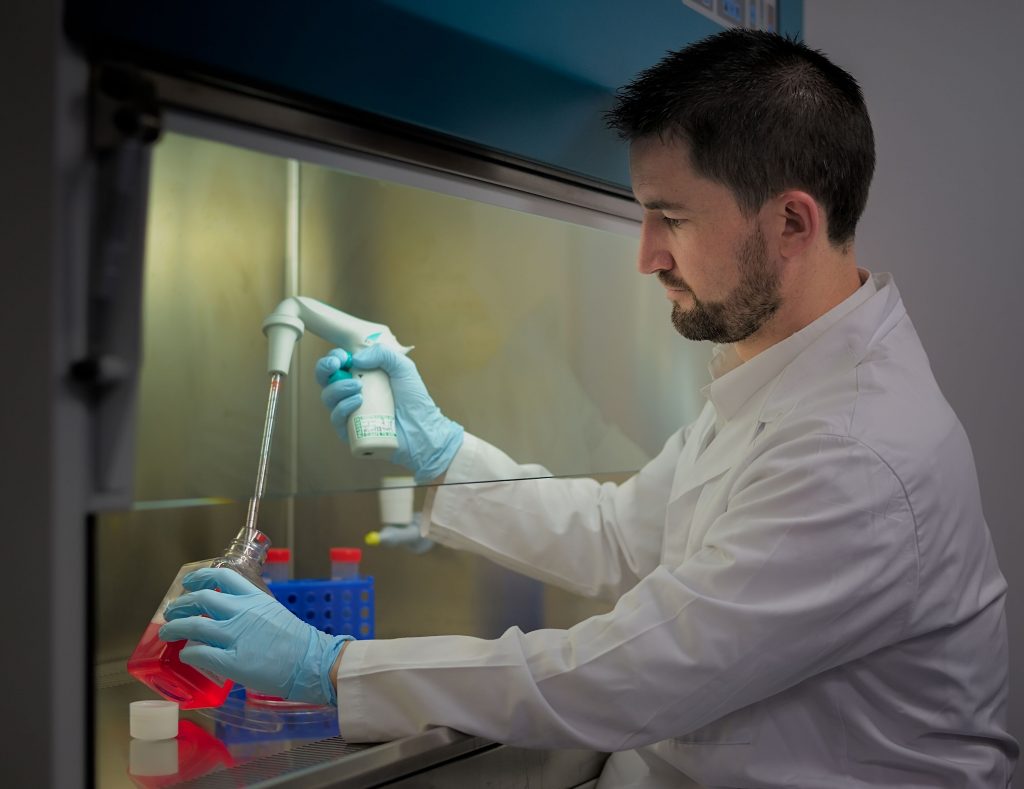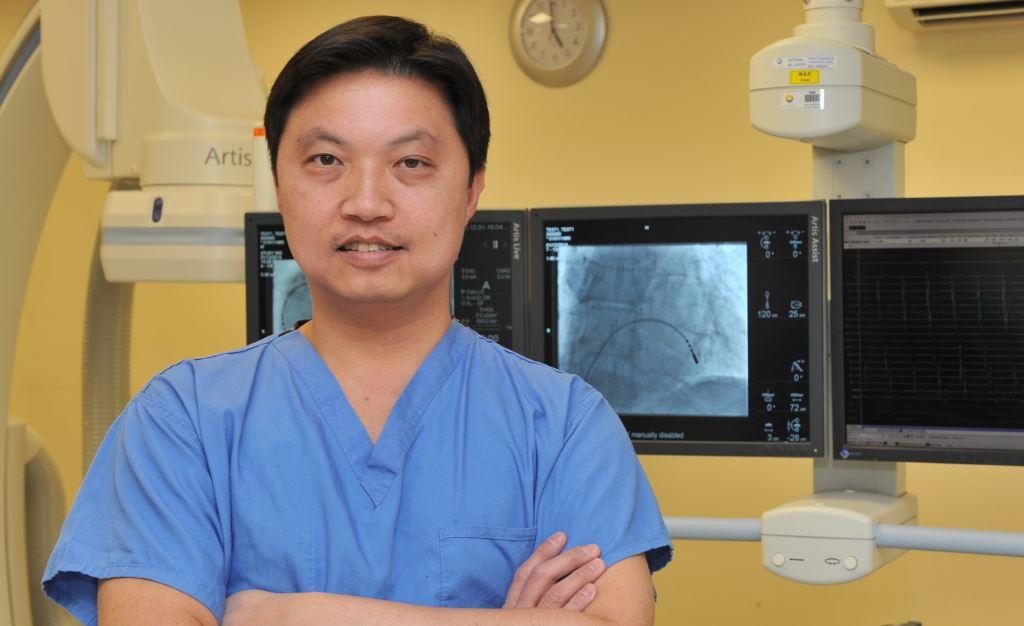Translational Research Project (TRP) Grant
Dr Amrit Daffu-O’Reilly, University of Leeds
Amount: £30,357
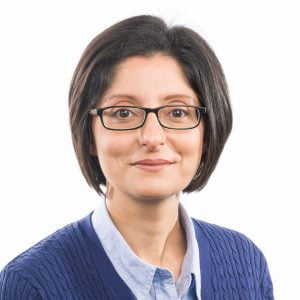
Summary: People from South Asian background experience higher levels of cardiovascular disease than other groups. Members of Sikh Gurdwaras are generally from South Asian backgrounds. In Gurdwaras, a meal known as Langar is served, which whilst vegetarian is often high in sugar, oil and butter, therefore presenting a health concern. Previous research by this group centred around finding out if there was interest and willingness to change among the Sikh community and attitudes were positive.
This follow-up work will explore the practicalities of conducting an intervention in the Gurdwara as well as developing our current understanding to develop an intervention prototype. This has the potential to gather knowledge and improve the health of a community that is often underserved in terms of scientific research.
People from India, Pakistan and Bangladesh have a higher chance of developing and dying from heart disease. Changing lifestyle, by eating healthily for example, can help to improve health and prevent disease. People who belong to the Sikh religion mainly originate from India. The Sikh place of worship is called a Gurdwara. Here, a free vegetarian meal – langar – is prepared and shared by the religious community. Langar is prepared in almost all Gurdwaras around the world and is prepared using mainly fresh vegetables and legumes, but also in high amounts of oils, butters, salt and sugar. Whilst little is known about Sikh attitudes towards langar and if there is scope to change it, it could lead to more sensible eating and inspire change at home
Dr Daffu-O’Reilly and her team have already completed Phase 1 of their research which showed that langar is respected, but the high use of oils, fats, sugar and salt were considered unhealthy and too much food is prepared, eaten and wasted. Participants were keen on change and provided practical suggestions that are respectful to religion and tradition.
For Phase 2, the team seek to understand how a langar intervention might be carried out and ensure that the Gurdwaras can support it.
The main aims of the project are to 1) discuss how the intervention might be conducted at the Gurdwaras and what they need to support it 2) find out what others think about the suggestions for change 3) raise awareness about the research and get more Gurdwaras involved 4) create an advisory committee to steer the research.
In order to do this, the team will conduct focus groups to discuss the support needs of the intervention, as well as hosting workshops to ‘sense-check’ and further explore suggestions for changes and whether any alterations are required with the religious and wider community. This will be done alongside the assembly of an advisory committee to ensure the process is being overseen by Gurdwara members at all stages. By involving Gurdwara members in deciding what the intervention might be and how it will be implemented, the chances of success may be improved. More Gurdwaras will become involved, and support will increase. By the end, this will provide a good idea of what intervention will look like and how it will be carried out.
Changing attitudes and behaviours is difficult, but by understanding the obstacles to change, as well as what might help change to happen is a valuable contribution to knowledge in this field. This information can be shared with the academic community who do similar work. Ultimately, this valuable work will contribute to knowledge about a group of people that otherwise does not receive much research attention.
